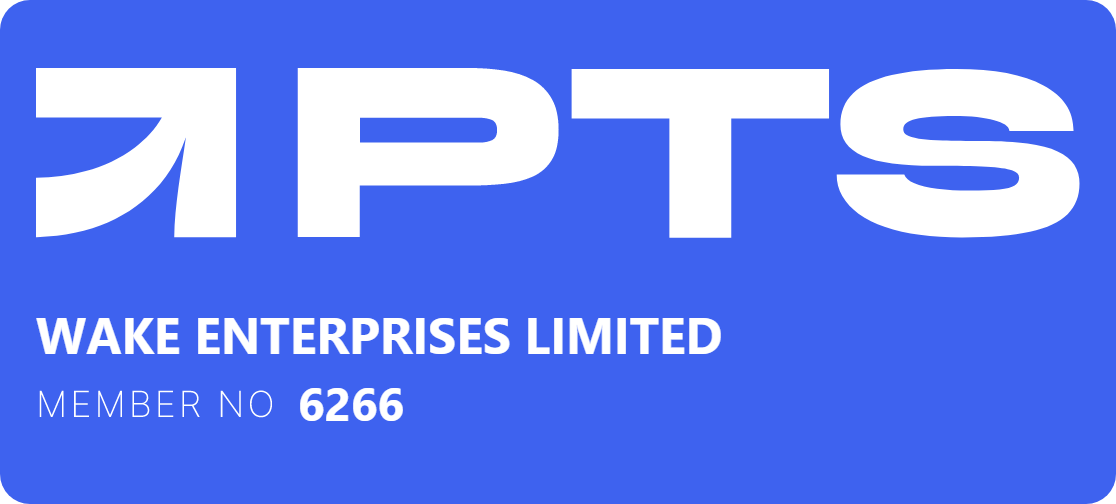Why Blogging Still Works for Travel Homeworkers
Why Blogging Still Works for Travel Homeworkers

In a world dominated by short-form videos, viral reels, and influencer campaigns, it’s easy to assume blogging is outdated. Yet, for a travel homeworker looking to attract loyal clients and build a trusted personal brand, the opposite is true. The travel blogging benefits that existed a decade ago are more powerful than ever — because blogging is no longer about vanity metrics; it’s about authority, discoverability, and trust.
Blogging still drives measurable enquiries for modern travel professionals. When done strategically, it becomes one of the most cost-effective and sustainable marketing tools in your homeworking toolkit. Here’s why travel blogs remain one of the smartest investments you can make in your travel business — and how to make them work harder for you.
The Enduring Power of Blogging in the Digital Age
Social media is noisy, algorithms shift overnight, and paid advertising can drain budgets quickly. Your blog, however, is a digital asset you fully control — one that grows in value over time. When a potential client searches online for destination ideas, honeymoon inspiration, or advice on booking family holidays, your blog can appear right where they’re looking.
Unlike social posts that disappear after 24 hours, blog content continues attracting readers years after it’s published. Every well-optimised article becomes a long-term marketing funnel for your homeworking travel business, consistently feeding new leads into your pipeline.
Blogs also serve a deeper purpose: they demonstrate your expertise. A travel homeworker with a library of practical guides and destination insights automatically appears more credible than one with just a Facebook page. That’s why leading consultants continue to prioritise their blogs — because being visible on Google means being visible to buyers, not just browsers.
The SEO Edge: How Blogging Boosts Your Visibility
One of the most overlooked travel blogging benefits is its impact on SEO (Search Engine Optimisation). Each blog post gives Google more reasons to notice you. When you write about destinations, travel types, or client questions, you naturally include search terms your target audience uses. Over time, this increases your authority and visibility.
Search engines reward sites that consistently publish relevant, high-quality content. If you post monthly destination guides, holiday planning tips, or even Q&A-style posts about common travel questions, your website will start appearing higher in organic search results.
As a travel homeworker, this means your blog could become your biggest lead generator. Clients searching “best family holidays to Spain” or “honeymoon inspiration for 2026” could land on your site before they ever speak to another agent. When paired with a strong call-to-action, those visitors can easily convert into paying clients.
Another advantage? Blogs help you rank for long-tail search phrases — the detailed, intent-driven queries clients actually use. Someone typing “all-inclusive holidays Greece adults only 2026” is far closer to booking than someone casually browsing #holidayvibes on Instagram.
Building Trust and Authority Through Storytelling
Facts tell — but stories sell. The most successful travel blogs don’t just share deals or destination data; they weave emotional narratives that make readers imagine themselves there.
When you write from personal experience, whether about a resort inspection trip or your own family getaway, you create authenticity. Potential clients want reassurance that you’ve “been there and done that.” Sharing your perspective on how a destination feels — not just what it offers — helps build connection.
Over time, your blog becomes an online portfolio of expertise. Readers begin to associate your name with reliability, knowledge, and warmth — exactly what people want when trusting someone with their holiday investment. For travel homeworkers, where personal brand matters as much as product range, blogging is a powerful trust-building tool.
Turning Readers into Clients
Blogging isn’t just about writing for writing’s sake. Every post should have a goal — to inform, inspire, and invite readers to take the next step.
Think of each article as a stepping stone in the client journey. A reader might find your post on “The Best Time to Visit the Maldives,” bookmark it, and later return to request a quote. If your post ends with an invitation to book a consultation or fill out your enquiry form, you’ve transformed content into conversion.
Many homeworkers also repurpose their blogs into email newsletters, social media posts, and downloadable guides. This multiplies your reach and keeps your content working across every marketing channel. When your words help solve problems, they position you as an expert — and clients prefer booking with experts.
If you track how visitors interact with your site (using Google Analytics or your web platform’s dashboard), you’ll see just how many enquiries start with a blog visit. That’s the proof that well-written blogs can outperform even paid adverts.
How to Start a Travel Blog as a Homeworker
If you haven’t started blogging yet, the process is simpler than you might think. Start small and focus on value, not volume.
- Choose your platform. Most travel homeworkers use their company’s provided website or create a standalone site using WordPress or Duda.
- Define your audience. Are you writing for honeymooners, families, solo travellers, or luxury clients? The clearer your audience, the easier it is to tailor your tone and topics.
- Create a content plan. Brainstorm 10–12 topics that answer common client questions — think “How to Plan a Multi-Centre Holiday” or “Why Booking with a Travel Agent Saves You Money.”
- Focus on SEO basics. Use your main keyphrase naturally in your title, first paragraph, and a few subheadings. Write for humans first, algorithms second.
- Be consistent. Publishing one quality post per month is better than posting three times and then stopping for six months.
And don’t forget visuals — high-quality images, infographics, and destination maps make your blog more engaging and shareable.
Common Blogging Mistakes to Avoid
Even experienced travel agents can make blogging missteps. Avoid these to stay ahead of the competition:
- Over-selling. Readers want advice and inspiration before they want a sales pitch.
- Ignoring SEO. Writing without considering keywords means missing valuable traffic opportunities.
- Neglecting proofreading. Typos and grammatical errors can instantly undermine your professionalism.
- Forgetting calls to action. Always invite readers to contact you — never assume they’ll do it unprompted.
- Inconsistent tone or branding. Use your blog to reinforce your voice, not confuse it.
The best travel blogs feel like friendly conversations — approachable, knowledgeable, and genuinely helpful.
Blogging Strategy for 2025 and Beyond
Blogging in 2025 isn’t just about text. It’s about connection, multimedia, and personal voice. Travel homeworkers are now integrating video blogs, audio snippets, and real client stories into their content to stand out in search results.
Google’s recent updates prioritise Experience, Expertise, Authority, and Trust (E-E-A-T). This means your personal insights, authentic imagery, and first-hand experiences count more than ever. In other words, your lived travel knowledge gives you an edge over AI-generated or generic content.
To future-proof your strategy:
- Optimise each post with relevant meta descriptions and internal links.
- Update older posts yearly with fresh information.
- Use your blog to highlight testimonials, client case studies, and real trip feedback.
- Link each article to your enquiry or booking pages to maintain a clear conversion path.
The blogs that will perform best are those that combine authenticity, consistency, and strategy — three qualities travel homeworkers already excel at.
Jamie Says:
“A good travel blog doesn’t just sell holidays — it sells you. People buy from people, and blogging gives you a voice that search engines can find and clients can trust. Even one well-written post can become a long-term enquiry generator, so don’t underestimate its power. Your stories are your superpower — use them.”
Why Blogging Still Matters for Homeworking Success
Travel homeworking is one of the most personal business models in the industry. You’re not hiding behind a corporate logo — you are the brand. Blogging allows you to showcase your expertise and personality at scale, helping clients feel connected before they’ve even spoken to you.
When your content consistently helps people — whether through destination guides, travel tips, or honest reviews — it positions you as a trusted professional rather than “just another agent.” That’s the magic of blogging: it turns curiosity into confidence and clicks into conversations.
Whether you’re starting out or refining your online presence, your blog is your digital storefront — one that never closes and always tells your story your way.
Ready to Start Your Travel Blogging Journey?
If you’re ready to learn how to use blogging, SEO, and storytelling to attract new clients, The Independent Travel Consultants can help. We train our homeworkers not just to sell travel — but to market themselves effectively online.
You’ll gain access to tools, templates, and guidance on how to plan, write, and promote travel blogs that genuinely drive enquiries.
Start building your visibility and credibility today.
Speak to our team about joining The Independent Travel Consultants, and let’s help you write the next chapter in your travel business success story.
About Jamie Wake
Jamie is the founder of The Independent Travel Consultants and a passionate advocate for empowering others to succeed in the travel industry through honesty, training, and community. He brings decades of travel experience, a focus on doing things differently, and a strong commitment to supporting UK-based homeworkers.












